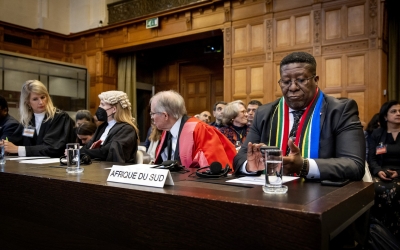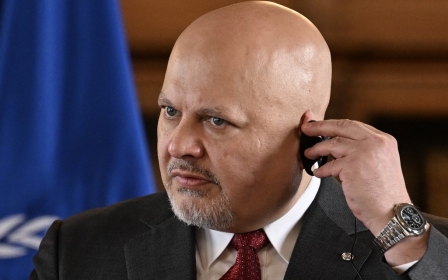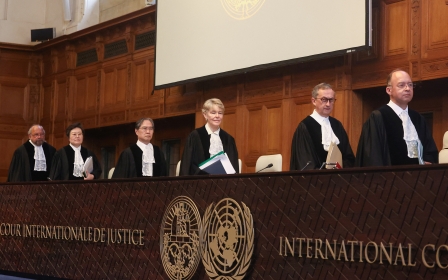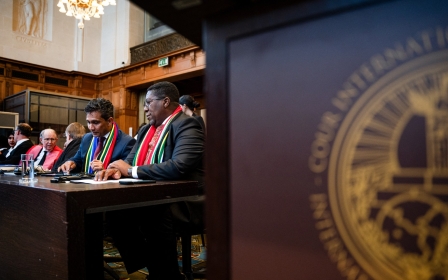Mexico seeks to join South Africa's genocide case against Israel at ICJ
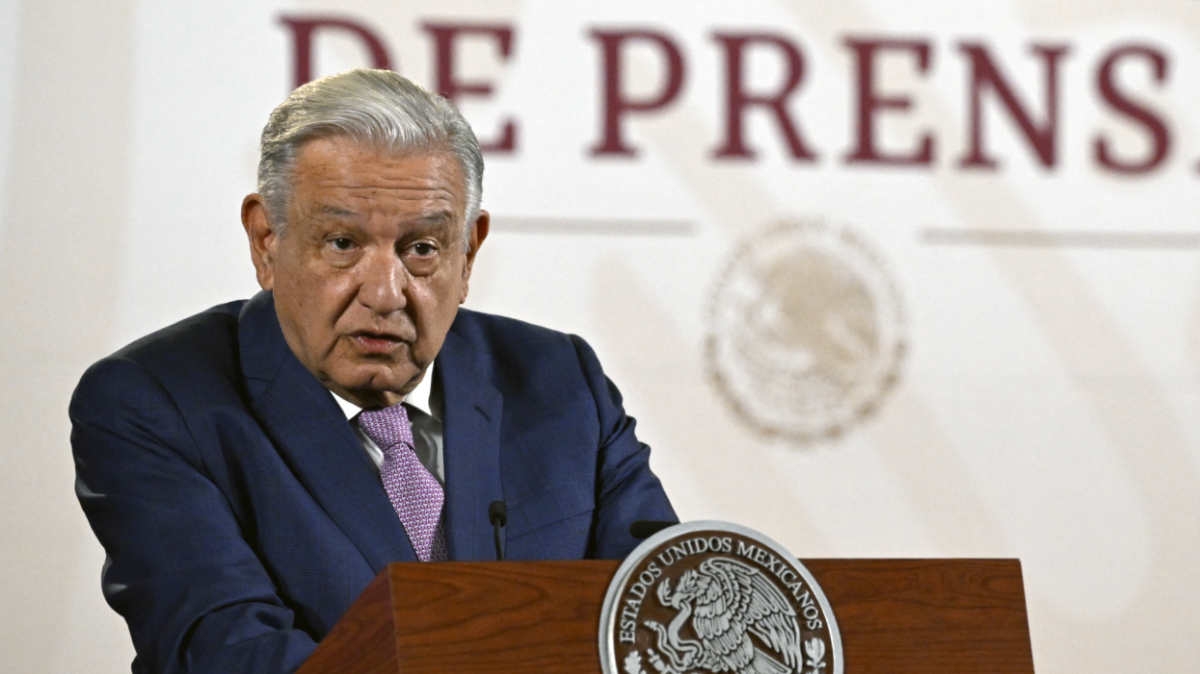
Mexico has filed a declaration of intervention in South Africa's genocide case against Israel before the International Court of Justice (ICJ) on Tuesday, the ICJ announced in a press release.
Mexico’s move places it on a growing list of countries accusing Israel of violating the UN’s 1948 Genocide Convention.
Since January, Columbia and Libya have also declared their intention to join the case. Other countries including Egypt and Turkey have said they will join.
Nicaragua also applied to join the case under Article 62 of the ICJ Statute, while Columbia requested a different type of intervention under Article 63 of the Statute, which allows signatories to assist the court in construing the provisions of the Convention in question in this case.
Article 63 states that any signatory to the Genocide Convention can intervene in a case because it is an international treaty whose interpretation impacts all parties. Mexico cited this in its declaration to the court.
New MEE newsletter: Jerusalem Dispatch
Sign up to get the latest insights and analysis on Israel-Palestine, alongside Turkey Unpacked and other MEE newsletters
Mexico said genocide can be carried out during armed conflict and said “the core of the crime of genocide lies in the perpetrator’s intent to destroy the targeted group”.
“The Genocide Convention not only proscribes mass killings, but also a broader array of conducts brought together by the intention to destroy, in whole or in part, a national, ethnical, racial or religious group,” Mexico said.
In its application, Mexico raised the issue of the deliberate obstruction of humanitarian assistance as a "conduct generating conditions for the partial or total destruction of a protected group and its gender-differentiated effects".
"In that sense, Mexico upholds the position that denial of access to humanitarian aid, to the extent that it creates conditions of life calculated to cause serious bodily and mental harm to members of a group, as well as to bring about its partial or total physical destruction, must be examined to the light of Article II of the Convention on against Genocide."
The application also outlines the destruction of cultural heritage.
"It is Mexico’s position that the massive destruction of cultural property and the eradication of any cultural symbol related to a group can be construed as acts aimed to accomplish the severe harming of a group, diminishing or even destroying the connection between culture and the self-determination and identity of a population, in terms of Article II(b) of the Convention."
Mexico’s decision to intervene in the case comes as the ICJ has moved to limit the conduct of Israel’s war on Gaza. In a ruling in May, the court ruled to restrict Israel’s offensive on Rafah, the southern Gaza border city where roughly 1.5 million Palestinians had been sheltering.
"The state of Israel shall (...) immediately halt its military offensive, and any other action in the Rafah governorate, which may inflict on the Palestinian group in Gaza conditions of life that could bring about its physical destruction in whole or in part," the court said.
The decision followed a request by South Africa for new emergency measures from the court in response to Israel’s offensive in Rafah.
No decision has been made yet on whether Mexico's application is admissible by the ICJ.
International isolation
Mexico’s decision adds to Israel’s international isolation. The International Criminal Court (ICC) chief prosecutor Karim Khan applied earlier this month for arrest warrants against Israeli Prime Minister Benjamin Netanyahu and Defence Minister Yoav Gallant for war crimes and crimes against humanity, as well as Hamas leaders Yahya Sinwar, Ismail Haniyeh and Mohammed Deif.
Israeli and Hamas leaders are facing a range of charges before the ICC for their roles in alleged war crimes and crimes against humanity during Israel's war on Gaza and the 7 October Hamas-led attack on southern Israel.
The application was based on evidence collected by the prosecutor during his visit to Israel, Ramallah in the occupied West Bank, and Egypt's Rafah on the border with Gaza. Khan, however, has not visited Gaza, as his requests to enter the enclave for investigation have been declined by the Israeli government.
The charges against both sides are pursuant to Article 7 on crimes against humanity and Article 8 on war crimes of the Rome Statute that established the ICC, and all suspects are identified as “co-perpetrators” and “superiors” with criminal responsibility for the alleged crimes.
War crimes are committed in the context of international or non-international armed conflicts, while crimes against humanity might be perpetrated during war or peacetime. The prosecutor described the situation in Palestine and Israel as both an international armed conflict between Israel and Palestine as two states, and a non-international armed conflict between Israel and Hamas as a non-state actor.
Middle East Eye delivers independent and unrivalled coverage and analysis of the Middle East, North Africa and beyond. To learn more about republishing this content and the associated fees, please fill out this form. More about MEE can be found here.


